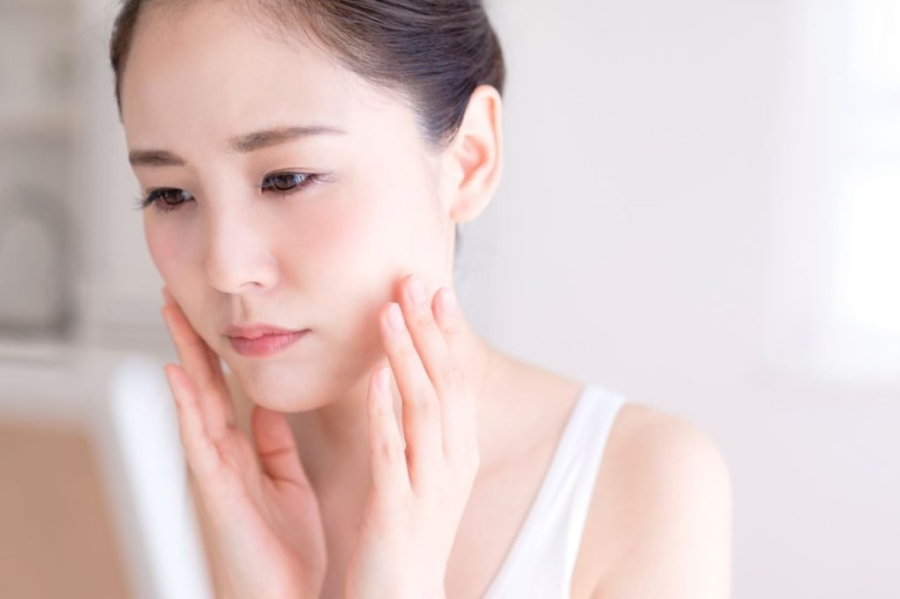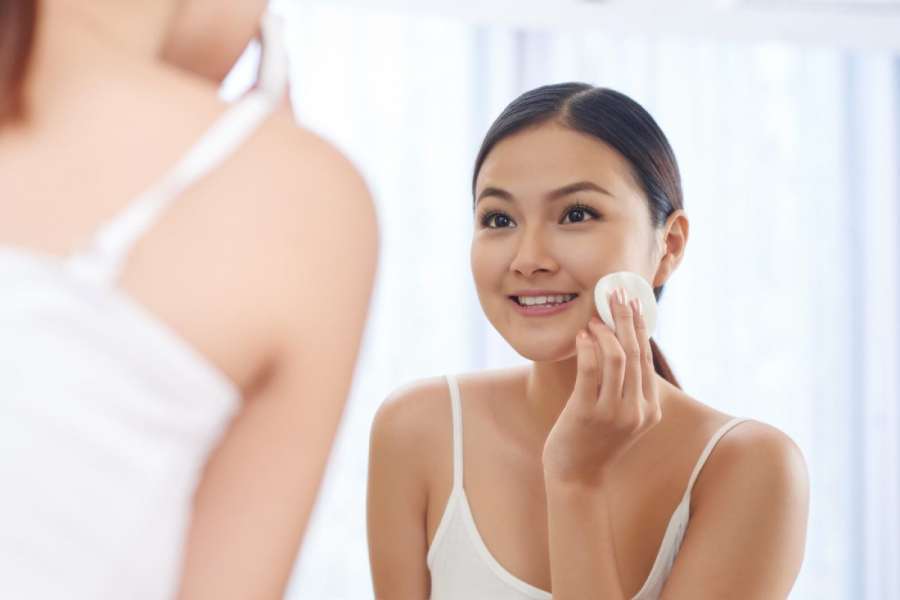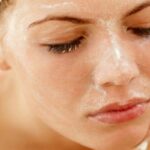Thin and Fragile Skin: Understanding the Causes and Signs
As our skin ages, it undergoes changes. The epidermis becomes drier and more fragile as it loses pigment, and the cells in this area start to shrink, leading to weakened skin. While thin skin itself may not cause any serious issues, improper care can lead to potential damage.
Additionally, prolonged exposure to UVA and UVB rays can damage or kill skin cells. Unhealthy habits and lifestyle choices can also accelerate skin aging and contribute to thinning skin over time.

The Impact of Unhealthy Habits on Skin Thinning
Long-term use of certain medications, such as topical steroids commonly used for eczema, dermatitis, or other inflammatory skin conditions, can cause the cells in the epidermis to atrophy, resulting in wrinkled skin.
Signs and Symptoms
Identifying and understanding the signs of thin and sensitive skin is crucial for effective and safe skincare. Here are some key indicators:
– Prone to Redness: Thin skin with a weakened protective barrier is easily irritated, leading to redness. Direct exposure to sunlight, temperature changes, wind, and other environmental factors can trigger this reaction.
– Visible Blood Vessels: One of the most noticeable signs of thin skin is the visibility of blood vessels just beneath the surface.
– Easy Bruising and Damage: Even a slight impact or pressure can leave a bruise or mark on thin skin.
– Flaky and Rough Texture: Due to the thin epidermis and reduced fat layer, thin skin has limited moisture retention capacity, resulting in a flaky and rough texture.

Thin Skin: Prone to Bruising and Damage
Caring for Thin and Fragile Skin
– Retinoids: Retinoids, derived from vitamin A, can help reduce and prevent skin damage. However, they should be used with caution as they may not be suitable for all skin types. Consult a dermatologist to determine the appropriate type and usage of retinoids for your specific skin needs.
– Facial Massage: Massage stimulates blood flow, promoting collagen production, thickening the skin, improving its texture, and reducing wrinkles. Consider using tools like gua sha or at-home massage devices for best results.
– Moisturize: Applying gentle, soothing moisturizers or natural oils is essential for basic skincare.
– Sunscreen: Don’t forget to apply sunscreen with an SPF of 30 or higher every day to all exposed areas of your skin.
– Healthy Diet: Adopt a diet rich in fruits, vegetables, whole grains, and protein. Include vitamin E-rich foods like almonds and avocados to combat skin aging.
Unlock the Secret to an Affordable and Effective DIY Acne Treatment Gel
Introducing the ultimate solution for acne-prone skin: our specially formulated acne treatment gel. This powerful yet gentle formula is designed to tackle blemishes and promote clear, healthy skin. With its unique blend of active ingredients, this gel works to soothe inflammation, unclog pores, and balance the skin’s natural oil production. Say goodbye to stubborn acne and hello to a radiant, confident complexion. Experience the difference and embrace the path to clearer skin today.
What’s the Deal With Physical and Chemical Exfoliation?
Exfoliation is key to removing impurities and surface buildup, revealing a brighter and younger-looking complexion. It aids in unclogging pores and enhancing skin absorption, making it an essential step in any anti-aging skincare routine. The two primary methods of exfoliation are physical and chemical exfoliation, each offering unique benefits to cater to diverse skin types and concerns.





































